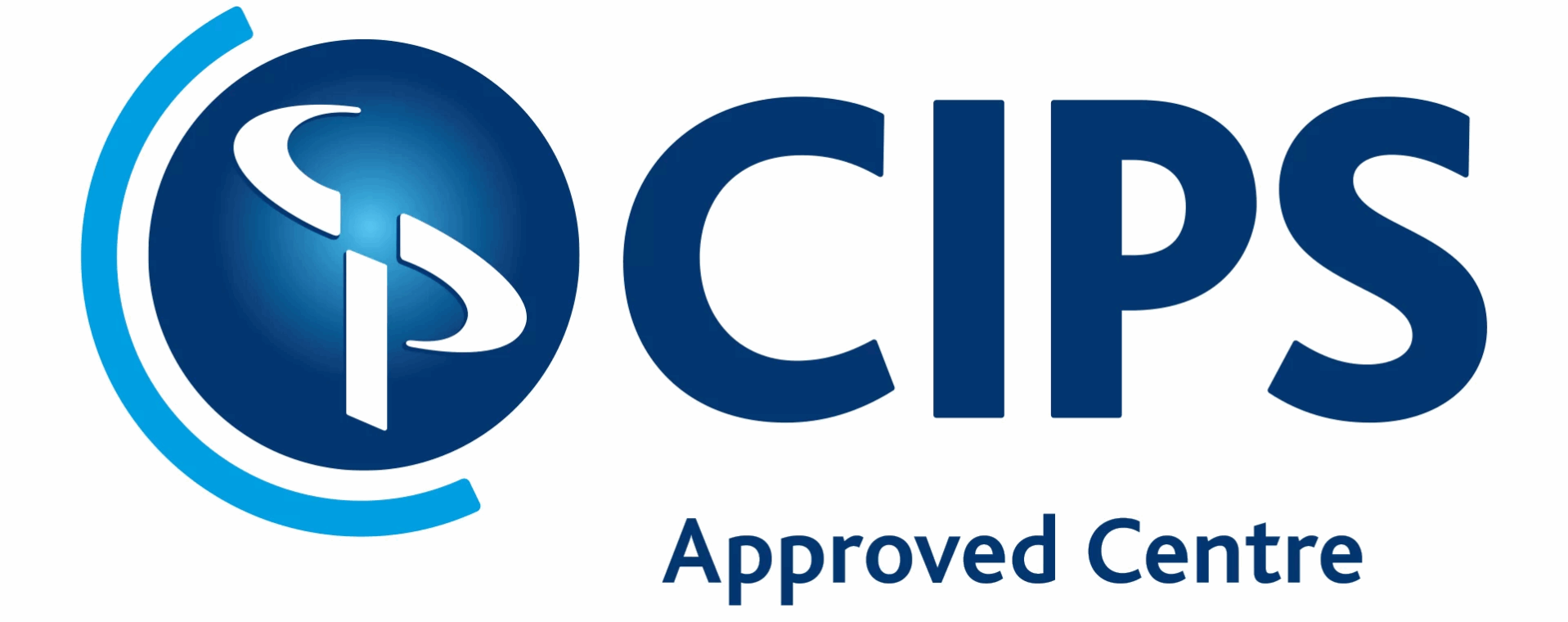Qualifications of the Chartered Institute of Procurement & Supply (CIPS) are gaining increasing importance for procurement professionals due to the recognition of CIPS as a global standard in Procurement and Supply and its ability to enhance career prospects. CIPS qualifications demonstrate expertise, improve efficiency, and provide a competitive edge for the Procurement industry.
The curriculum provides a comprehensive buildup of knowledge covering a wide range of business management areas ranging from supplier sourcing, contract administration/management, through materials handling/management to operations management, logistics and the entire supply chain process. Entry points are available for persons having different levels of education and professional experiences.
The Institute of Management and Information Technology (IMIT) is a CIPS approved tuition and examination center. We offer training for CIPS qualifications both by online E-Learning and by on-site tutor lectures.
See the entry points for various qualifications and intermediate qualifications below.
| CIPS LEVEL | Entry Qualification needed | Study Duration | CIPS Qualification Awarded |
| LEVEL 2 Certificate | GCE Advanced Level. A lower qualification with appropriate work experience will be accepted. | 5 months | Certificate in Procurement and Supply Operations |
| LEVEL 3 Advanced Certificate | CIPS Certificate OR At least GCE Advanced level with relevant work experience | 5 Months | Advanced Certificate in Procurement and Supply Operations |
|
LEVEL 4 Diploma |
CIPS Certificate, CIPS Advanced certificate OR HND / higher qualifications in Management, Logistics, Accounting, Marketing, etc OR GCE Advanced level PLUS Appropriate work experience. |
10 Months |
Diploma in Procurement and Supply |
| LEVEL 5 Advanced Diploma | CIPS Diploma | 10 Months | Advanced Diploma in Procurement and Supply |
| LEVEL 6 Professional Diploma |
CIPS Advanced Diploma |
10 Months | Professional Diploma in Procurement and Supply. |
c. C++ Programming
C++ programming is an object-oriented programming language which gives a clear structure to programs and allows code to be reused, lowering development costs. Applications of C++ Programming include low-level system programming to high-performance applications like game development and web browsers.
No specific pre-requisite knowledge is demanded. The course can be taken exclusively by e-learning or by blended e-learning/site based training.
Certifications:
- CPE- C++ Certified Entry Level Programmer
- CPA- C++ Certified Associate Programmer
Training Duration: Onsite; 6 months. E-Learning access: 9 months
d. Python Programming
Python programming is a general-purpose language, not specialized for specific problems, which means it can be used for various applications.
It uses a versatile language to create software, websites, automate tasks, and analyze data. Skills you will learn include; core Python proficiency, understanding of data structures and algorithms, proficiency with libraries like NumPy and Pandas, knowledge of frameworks like Django or Flask, and strong analytical and debugging skills. Applications of Python Programming include web development, data science, machine learning, software development, and more.
Certifications:
- PCEP: Certified Entry Level Python Programmer.
- PCAP: Certified Associate in Python Programming
Training Duration: Onsite; 6 months. E-Learning access: 9 months

